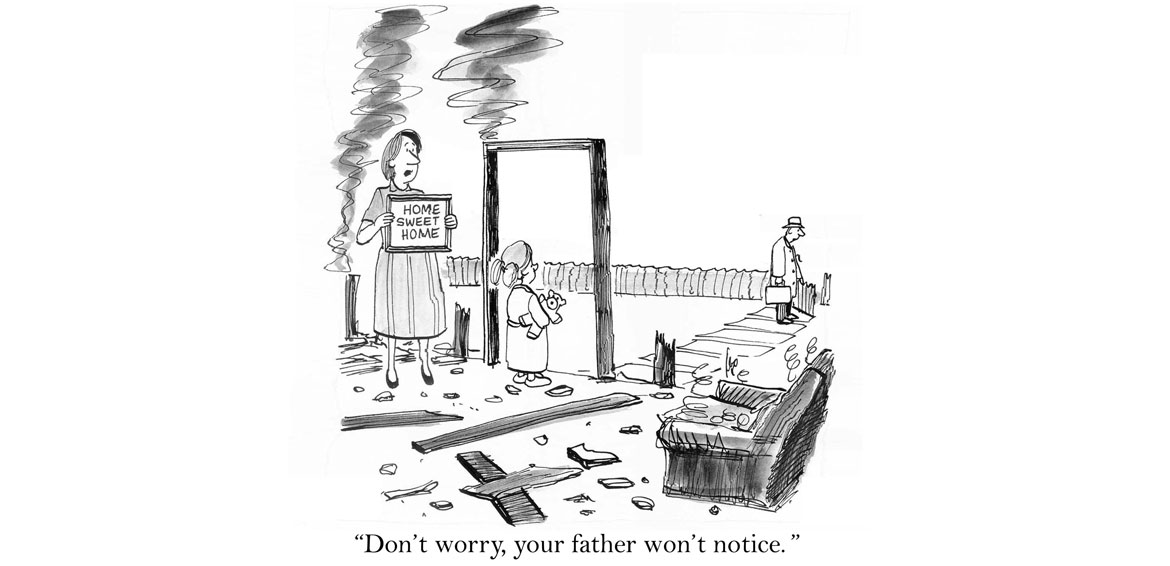The British are world champions at Understatement. From Captain Oates’ immortal ‘I am just going outside and may be some time’ to the pilot of the British Airways plane hobbled by volcanic ash ‘Ladies and Gentlemen this is your captain speaking. We have a small problem. All four engines have stopped’ we are classically modest in our language when things are going wrong. My personal favorite; the epitaph on Spike Milligan’s tombstone ‘I told you I was ill’
So, it was no surprise to hear Charles Horton, who resigned last week as CEO of Govia Thameslink Railway, tell a Commons Transport Select Committee that ‘things had not gone well’ during the introduction of a new timetable on May 20th which resulted in abject misery for hundreds of thousands of commuters as trains were cancelled and delayed.
Understatement is a disease. For British negotiators that is a very bad thing. Because understatement works to counter the correct structuring of expectations which is vital for good deals to be done.
How so? I once heard a Sales Director talking to a major customer start off by describing the complete destruction of their manufacturing plant in a fire as ‘a little local difficulty’, a phrase the way first coined by Harold McMillan when his entire Treasury team resigned on him. Paul Pester, CEO of TSB, was derided when he told a Select Committee that the migration of customer accounts to a new IT platform in April ‘had gone smoothly’; so much so that they subsequently expressed no confidence in him and recommended to the TSB Board that they ditch him (they didn’t). These examples of understatement are bound to lead to trouble because in the conversation that follows, when the true scale of the problem must be revealed, the recipient becomes rightly incensed which leads to a reduced chance of resolution.
Is the reverse true? Does overstatement lead to the chance of a better deal. Are we so relieved to learn that things aren’t as bad as they were initially portrayed that we are suckered into a soft agreement. The psychologists claim this is so – it’s called conditioning – and they describe various experiments in which buyers pay over the odds if the sellers start by overstating the initial price. I’m sure this is so, but experience and repetition soon teach these victims to ignore early pricing indicators from their potential suppliers and to focus on research and preparation.
In summary neither under nor overstatement is a long-term strategy. Effective realistic structuring is because it leads to the development of mutual trust.

